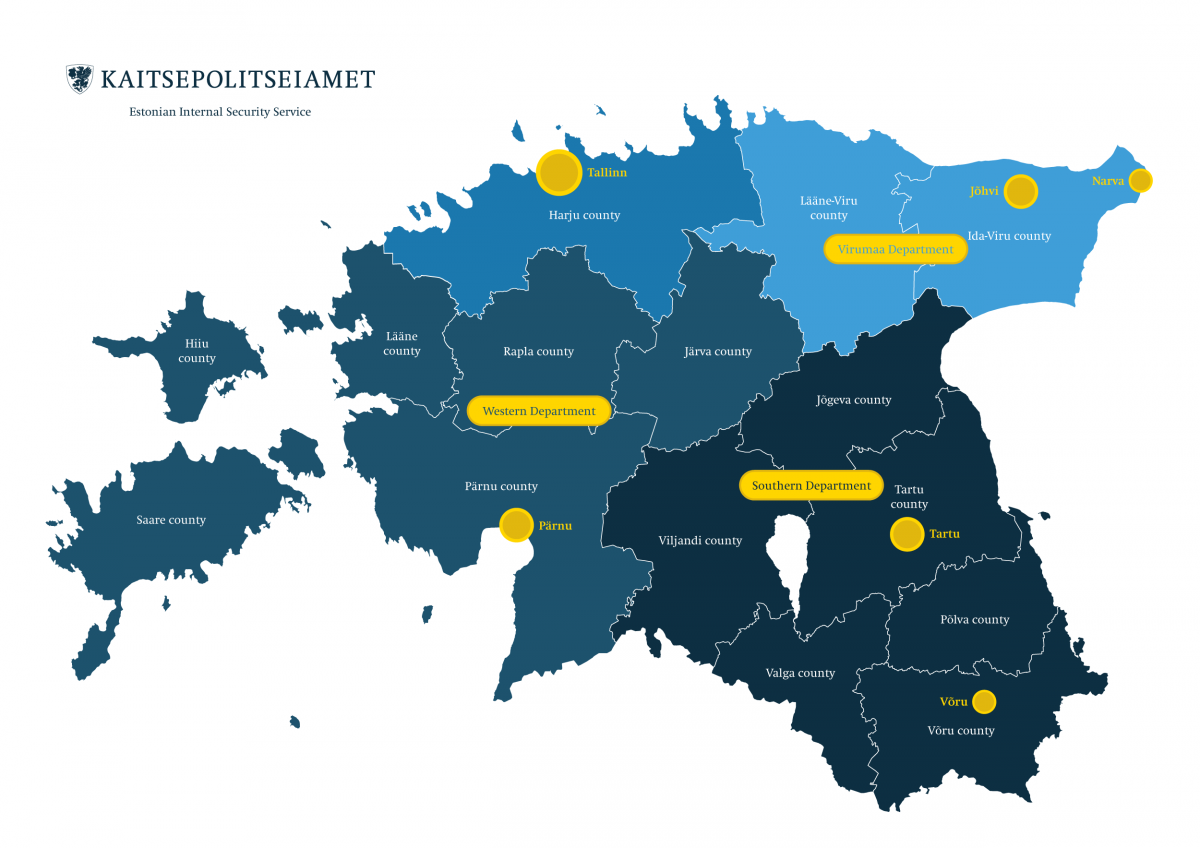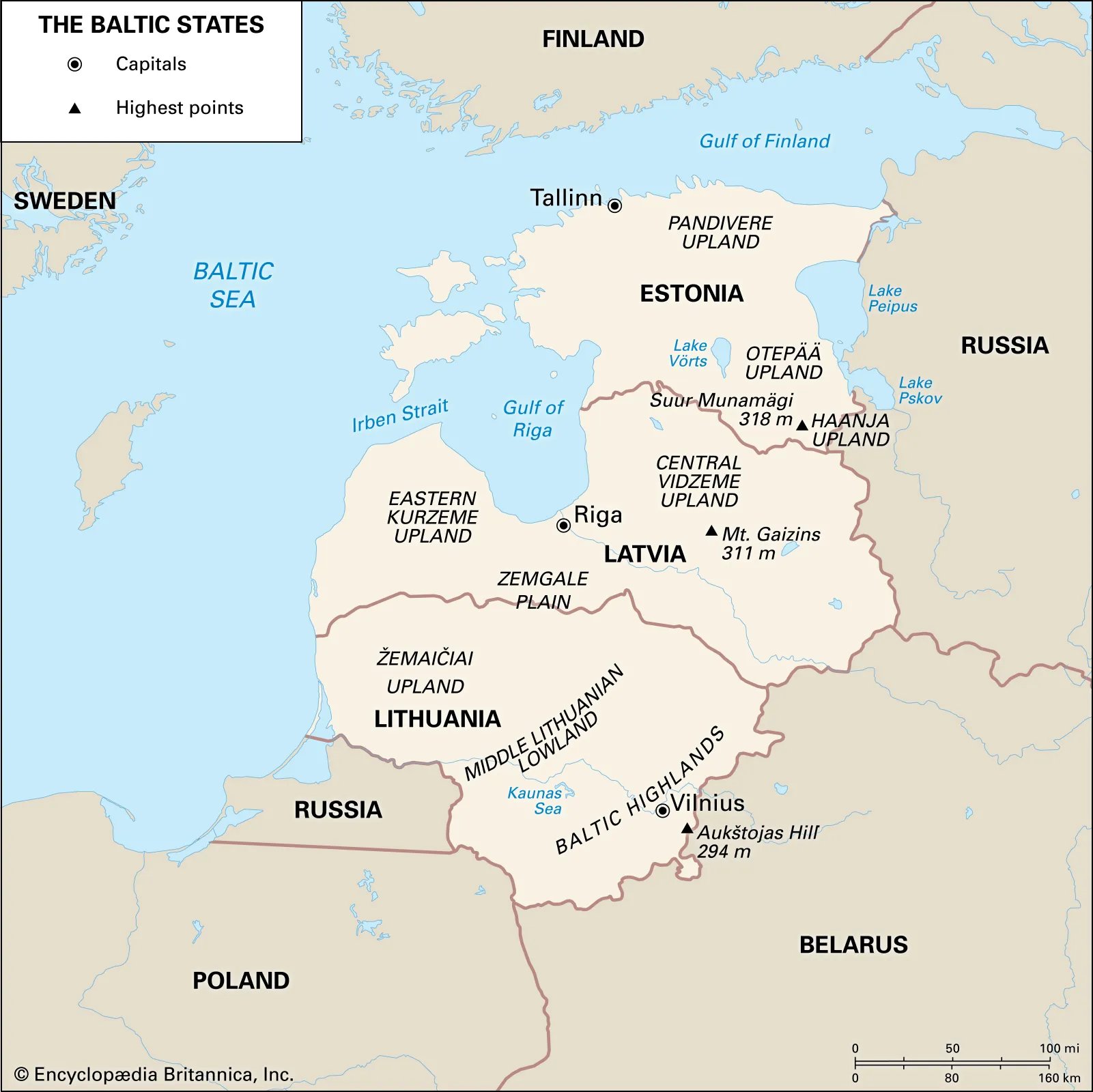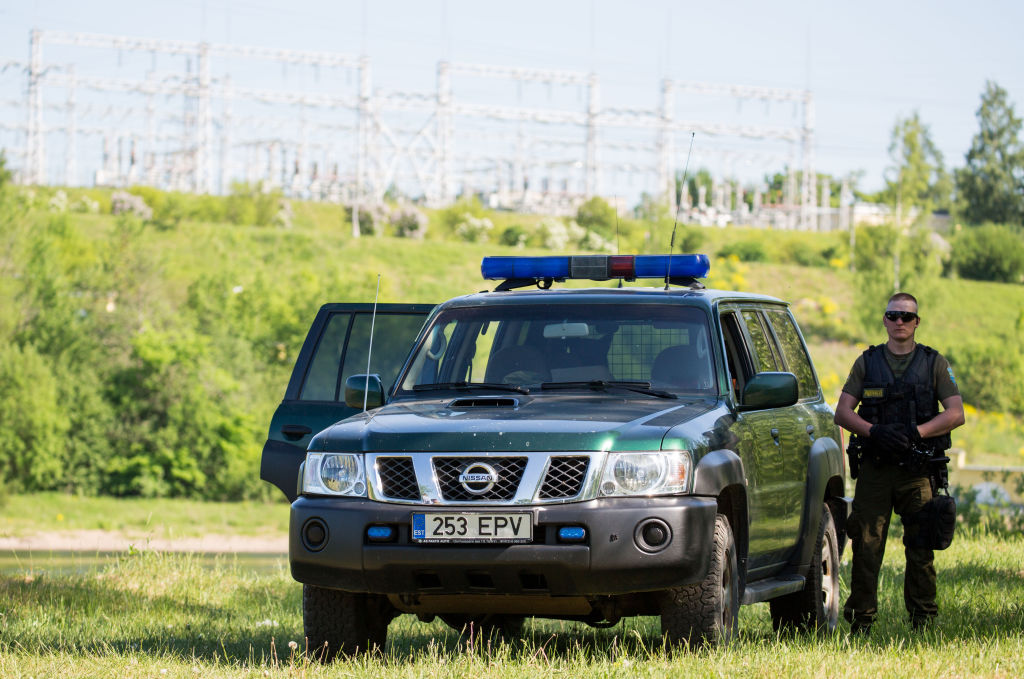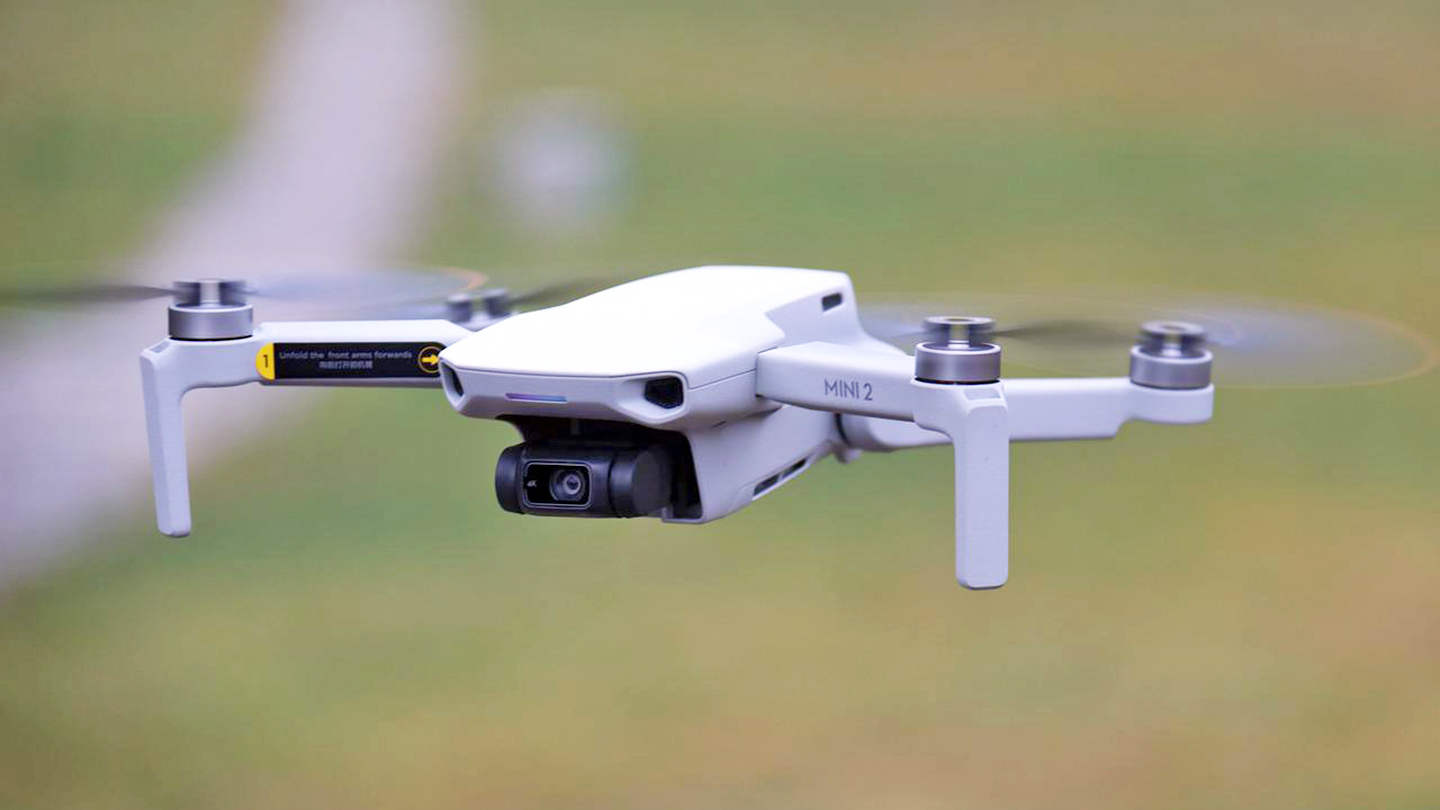Estonia’s Internal Security Service announced today that it has detained an individual with dual Russian-Estonian citizenship after he attempted to donate commercial drones to the Russian military. The news further underscores not only concerns about Russia’s possible influence in Estonia but the impact that strict sanctions and supply chain issues could have on the potential for dual-citizens to attempt sanction skirting in order to acquire commercially available systems, like small drones.
According to a statement from Estonia’s Internal Security Service, also known by its Estonian KAPO, the unnamed middle-aged man arrested for this offense was said to have been attempting to cross into Russia along the border in southern Estonia on May 28. A news story published by ERR News, the English-language service of Estonian Public Broadcasting, states that the man is being held for “supporting Russian aggression under section § 91-1 (1) of the Penal Code and knowingly aiding Russia’s aggression against Ukraine.”
The article goes on to say that the head of KAPO Harrys Puusepp explained this violation as involving the donation of money or other material assistance to support Russian forces in their conflict with Ukraine. It is also important to note that it is unknown whether or not this individual was working directly for the Russian government, or as an operative for the country’s intelligence agencies. Estonian officials are saying such acts are punishable by up to five years in prison.
The official statement made by KAPO and posted to the service’s Twitter account reads as follows: “Trying to donate commercial drones to the Russian Army will land you in jail. Yesterday an EST/RUS double citizen was taken into custody for this exact plan. Supporting Russian aggression in Ukraine in any way is punishable by the Estonian law and we will bring this into force.”

The tweet also included an image of a commercially made drone, however, we don’t know if this image in any way reflects the actual drones in question. The supporting article also neglected to clarify the specific type of drone that was in the man’s possession, how many he was carrying with him, or if they were fitted with surveillance electronics and any other particular adversarial technologies.
News of the dual-citizenship civilian’s arrest also comes on the heels of rising tensions in all of the Baltic states. Latvia, Lithuania, and Estonia are members of NATO and allies of the United States. With all three countries near or directly bordering Russia, fear that the Russian-backed separatists will soon decide to strike is mounting. Not only that, but many residents in the Baltics may have dual citizenship with Russia, which could further complicate mitigating sanction-skirting schemes.

At the end of World War II, a number of Soviet citizens were ordered to live in Estonia all while native Estonians were being sent away or doing all they could to flee. This resulted in several gray areas for many people’s citizenship status, with some having only passports instead of full citizenship, eventually prompting the Estonian government to allow for the children of “stateless” Estonian residents to automatically qualify for citizenship.
Being that Estonia didn’t fully regain its independence until 1991, the country could still have a significant population of dual-nationals, similar to the suspect currently detained for attempting to donate a drone to the Russian military. This incident highlights something that other former Soviet Republics with similar Russian populations may face. However, whether or not the smuggling would be carried out by patriotic Russians or as part of state-sponsored sanction-skirting efforts will remain to be seen.
It is unclear how the man who attempted to donate a drone system or systems to Russian forces acquired his dual citizenship, but the context does offer insight into the geopolitical relationship between Russia and Estonia. It also isn’t the first time that a civilian has had an indirect hand in supplementing Russian forces. The strict sanctions and supply chain complications that have been imposed upon Russia throughout the conflict have inspired numerous crowdfunding efforts led by supporters of Russian soldiers.
In an attempt to better equip the military as their supplies diminish, fundraising initiatives for provisions ranging from medical equipment to night-vision scopes have been largely bankrolled by the Russian people and their allies. Similar efforts carried out by Ukrainian supporters have also helped arm Ukrainian forces.
Despite any ethical and political implications behind such acts, the fact that civilians have had to resort to paying for high-demand supplies themselves doesn’t bode well for the Russian military’s ability to provide for its forces. Small drones, especially, have been a significant capability enabler on both sides of the Russian-Ukrainian conflict, but they’re becoming incredibly challenging to acquire both domestically and through foreign nations.

While Estonian officials have been outspoken about their desire to defend themselves against the Russian threat, this incident outlines that not all members of their civilian population may necessarily align with their beliefs. The social and political climate between Estonia and Russia is complex, and it’s difficult to know exactly how many tendrils Russia has in different places.
This all could mean that the smuggling of commercial technologies into Russia by civilians might become more commonplace as the conflict continues.
Contact the author: Emma@thewarzone.com
